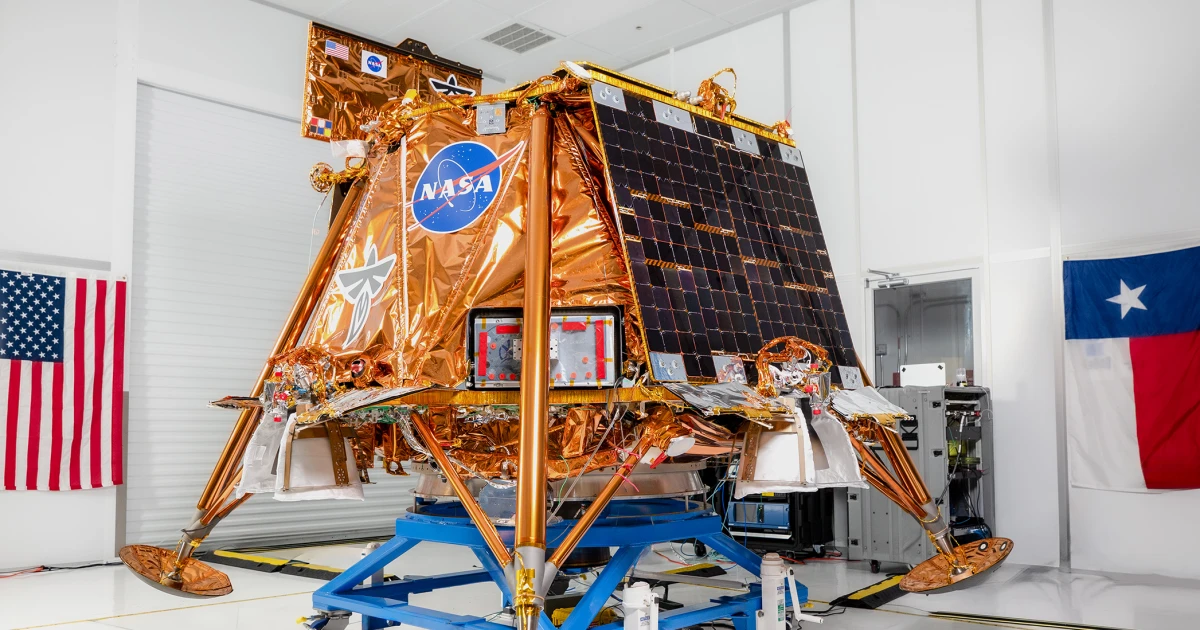Introduction
Smart cities in 2025 represent the cutting edge of urban development, integrating technology, policy, and social innovation to create more sustainable, efficient, and livable environments. Governments, corporations, and celebrities are playing a pivotal role in shaping these urban landscapes. FactEcho.com provides readers with insights into how smart city technology intersects with global news, politics, celebrity culture, and technological advancement.
This article explores the latest trends in smart city development, the political and economic implications, celebrity engagement, and how these initiatives are reshaping global urban life.
Technological Foundations of Smart Cities
Smart cities rely on advanced technologies such as artificial intelligence, Internet of Things (IoT) networks, big data analytics, and blockchain to optimize urban infrastructure. AI systems manage traffic flows, energy consumption, waste management, and emergency response, improving efficiency and sustainability.
IoT sensors collect real-time data from transportation networks, buildings, and public utilities. Machine learning algorithms analyze this data to make predictive decisions, enhancing city planning, reducing costs, and improving quality of life. FactEcho.com highlights how these technological advancements are transforming cities in the Middle East, Europe, and North America.
Political and Regulatory Implications
Smart cities are closely tied to government policies and regulations. Governments must balance technological adoption with privacy concerns, cybersecurity, and equitable access to services. In the Middle East, countries such as the UAE and Saudi Arabia are pioneering smart city projects, using policy frameworks to attract investment, stimulate economic growth, and enhance global influence.
International collaboration is also crucial. Smart city initiatives involve partnerships with foreign technology companies, research institutions, and governments, shaping global urban policy and governance standards. Political leadership in this domain strengthens a nation’s competitiveness and influence on the world stage.
Celebrity Engagement and Public Influence
Celebrities increasingly engage with smart city initiatives to promote innovation and social awareness. Through campaigns, public appearances, and digital content, they educate audiences about sustainable urban living, smart transportation, and energy efficiency.
In the Middle East, prominent figures endorse smart city projects, participate in technology expos, and highlight environmental and cultural benefits. By leveraging their influence, celebrities drive public interest, encourage civic engagement, and help communities embrace technological innovation. FactEcho.com reports on these efforts, demonstrating the synergy between celebrity culture and urban development.
Economic Implications of Smart Cities
Smart cities generate significant economic opportunities. Investment in AI systems, IoT infrastructure, renewable energy, and digital services creates jobs, attracts foreign investment, and stimulates entrepreneurship.
Middle Eastern nations are using smart city projects to diversify economies and reduce reliance on traditional industries like oil and gas. Technological innovation attracts multinational companies, fosters local startups, and promotes regional competitiveness. Celebrities and influencers further amplify economic benefits by promoting urban innovation, cultural tourism, and sustainable development.
Global Trends and News Coverage
FactEcho.com tracks global trends in smart city development, including AI-assisted infrastructure, energy-efficient buildings, smart transportation, and digital governance. In 2025, urban areas in the Middle East, Europe, and Asia are leading in smart city adoption, with governments collaborating with tech firms and international organizations to implement scalable solutions.
Public awareness campaigns led by celebrities and tech innovators emphasize the importance of sustainable living, digital literacy, and citizen engagement. These trends dominate global news coverage, reinforcing the link between technology, culture, and governance.
Challenges of Smart Cities
Despite advancements, smart cities face challenges including cybersecurity threats, data privacy concerns, and high implementation costs. Ensuring equitable access to smart city services is critical, particularly in rapidly growing urban areas.
Middle Eastern governments address these challenges through regulations, public-private partnerships, and investment in digital education. Celebrity advocacy contributes by raising awareness of responsible technology use, encouraging sustainability, and promoting social equity. FactEcho.com provides in-depth reporting on these challenges, offering readers a clear view of the opportunities and risks associated with smart city development.
Integration of Technology, Politics, and Culture
Smart cities exemplify the integration of technology, politics, and culture. AI, IoT, blockchain, and renewable energy systems intersect with policy frameworks, international cooperation, and celebrity-led public engagement.
Middle Eastern nations are leveraging smart city projects to enhance technological leadership, political influence, and cultural prominence. Celebrities play a critical role in engaging citizens, raising awareness, and inspiring global audiences to adopt innovative and sustainable urban practices. FactEcho.com highlights these intersections, showing how smart cities transform urban life and global perceptions of innovation.
FAQs
Q1: What technologies drive smart cities in 2025?
AI, IoT networks, big data analytics, and blockchain optimize urban services, energy management, and transportation.
Q2: How do politics influence smart city development?
Governments establish policies, regulations, and partnerships to implement infrastructure, ensure security, and attract investment.
Q3: How do celebrities contribute to smart city initiatives?
Celebrities promote innovation, sustainability, and public engagement through campaigns, events, and digital content.
Q4: What economic benefits arise from smart cities?
Smart cities create jobs, attract investment, foster startups, and stimulate economic diversification.
Q5: How does FactEcho.com cover smart city developments?
FactEcho.com provides curated updates on technology, celebrity involvement, global politics, and urban innovation trends.
Conclusion
Smart cities in 2025 demonstrate the intersection of technology, politics, celebrity influence, and global innovation. AI, IoT, blockchain, and renewable energy systems enhance efficiency, sustainability, and urban quality of life.
Middle Eastern nations, particularly the UAE and Saudi Arabia, are leading in smart city development, using technology to strengthen economic diversification, global influence, and cultural engagement. Celebrities amplify these initiatives, inspiring public participation, promoting sustainability, and bridging technology with culture.
Platforms like FactEcho.com provide comprehensive coverage of how smart cities transform urban life, political strategy, economic growth, and cultural narratives. By highlighting innovation, collaboration, and advocacy, FactEcho.com ensures readers understand the profound impact of smart cities in shaping the world of 2025 and beyond.






